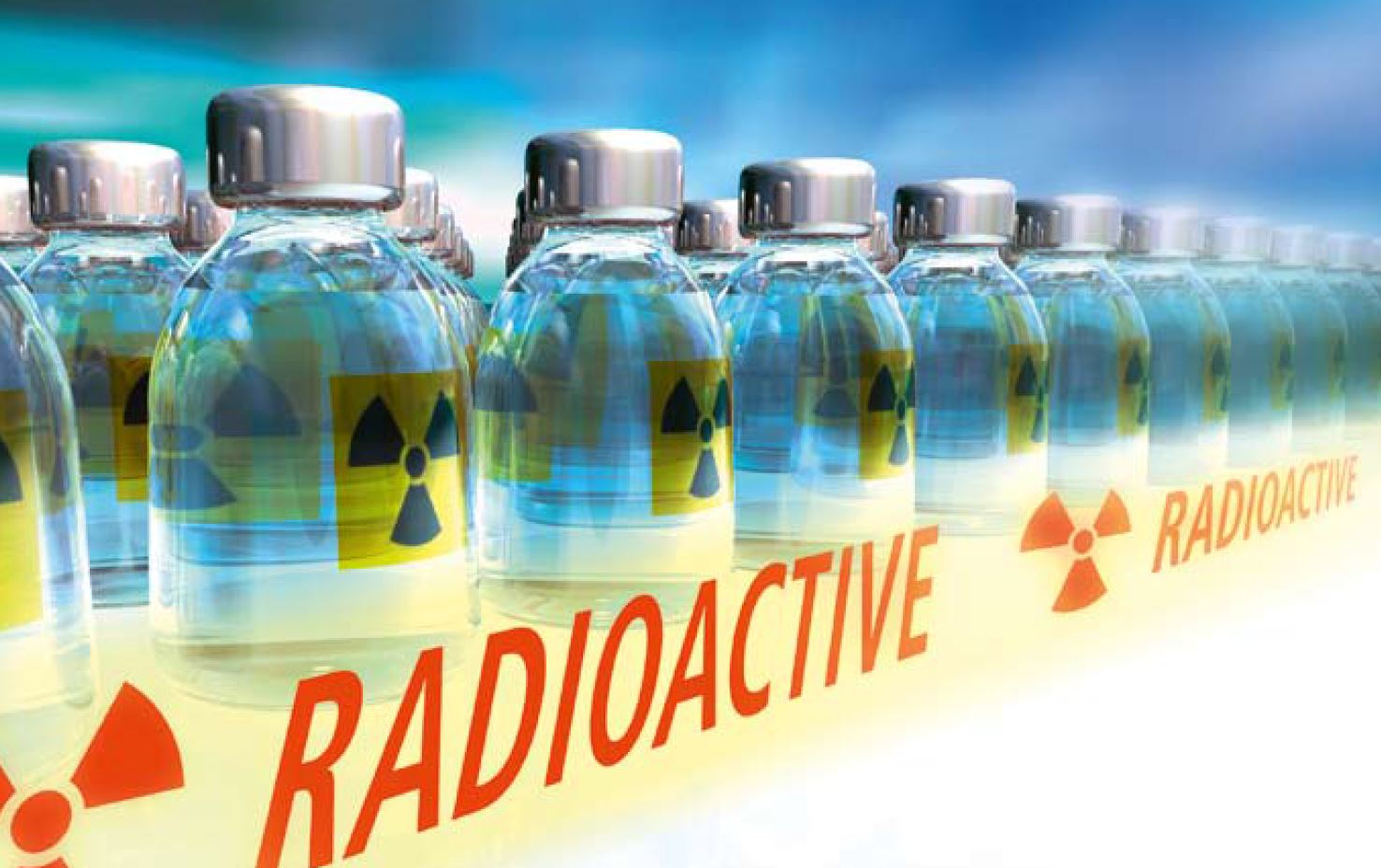
(auto-HCT) is considered standard of care in patients with relapsed DLBCL that High-dose therapy followed by autologous hematopoietic cell transplantation That could benefit from novel approaches. Lymphomas with MYC, BCL2 or BCL rearrangements, activated B-cell (ABC) DLBCL Outcomes to standard R-CHOP such as MYC-rearranged DLBCL, high-grade B-cell 5 There are specific subgroups of patients who will have poor responses and 4 Unfortunately, approximately 30–40% of cases relapse or progress after R-CHOP. Response (CR) rates, event-free (EFS) and overall (OS) survival in DLBCL. Standard chemotherapy, R-CHOP, resulted in significant improvement in complete 3 Addition of the anti-CD20 monoclonal antibody, namely rituximab, to the Representing an incidence rate of 6.9 per 100,000. Over 25,000 new cases of DLBCL are diagnosed annually in the United States, Here, we review the sīiology, structure, clinical trial results and toxicity of two commerciallyĪpproved CAR T-cell products and others currently being studied in multicenter

Important potential complications of this therapy. T-cell-related toxicity with cytokine-release syndrome and neurotoxicity remain A third product, liso-cel, is currently being evaluated inĬlinical trials and preliminary results appear very promising.

have obtained US FoodĪnd Drug Administration approval for the treatment of refractory DLBCL after two

Other effective treatment options are available. Long-term remissions in poor-risk diffuse large B-cell lymphoma (DLBCL) when no Single-center and multicenterĬlinical trials with anti-CD19 CAR T-cell therapy have shown great activity and Adoptive cellular immunotherapy with chimeric antigen receptor (CAR) T cell hasĬhanged the treatment landscape of B-cell non-Hodgkin’s lymphoma (NHL),Įspecially for aggressive B-cell lymphomas.


 0 kommentar(er)
0 kommentar(er)
